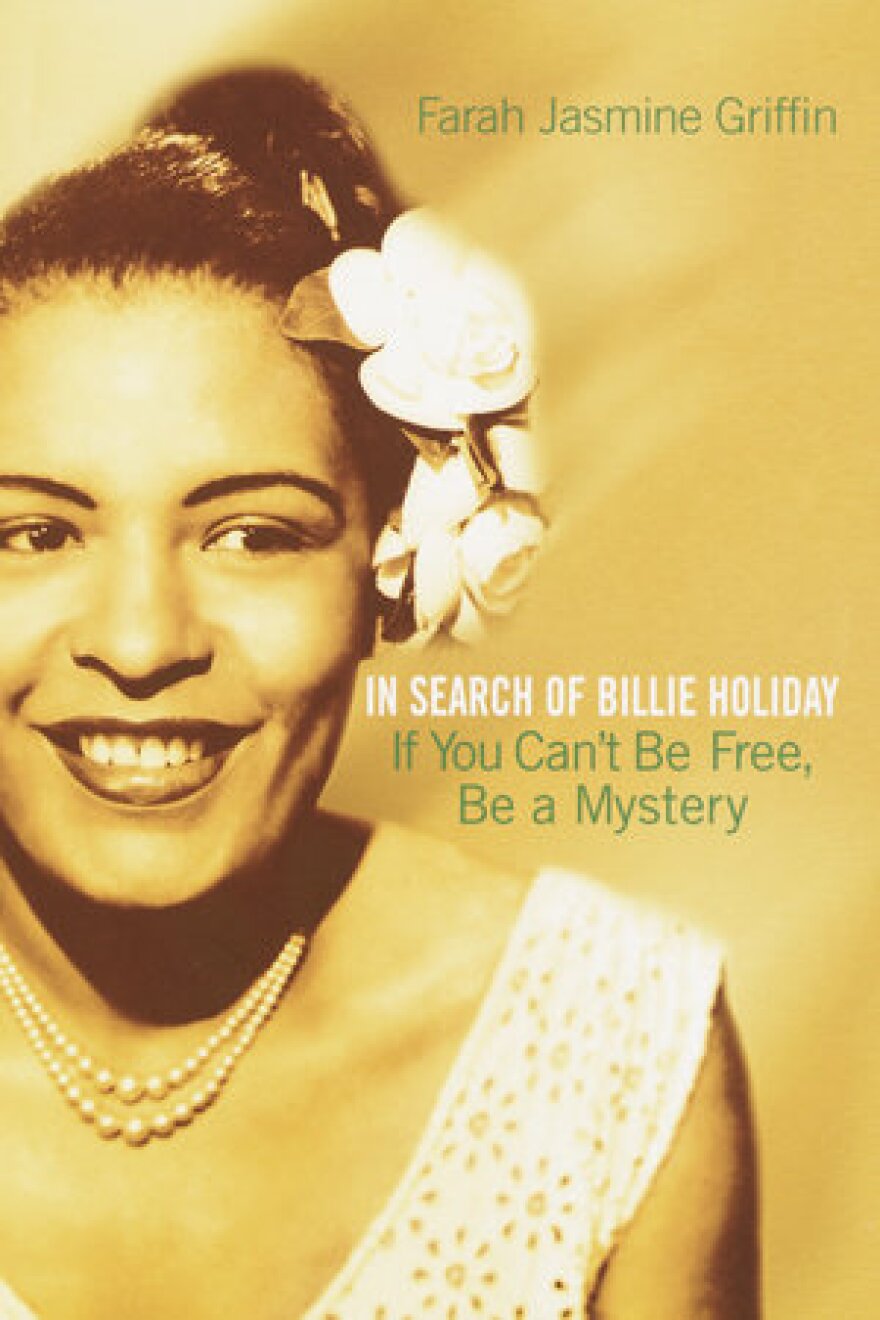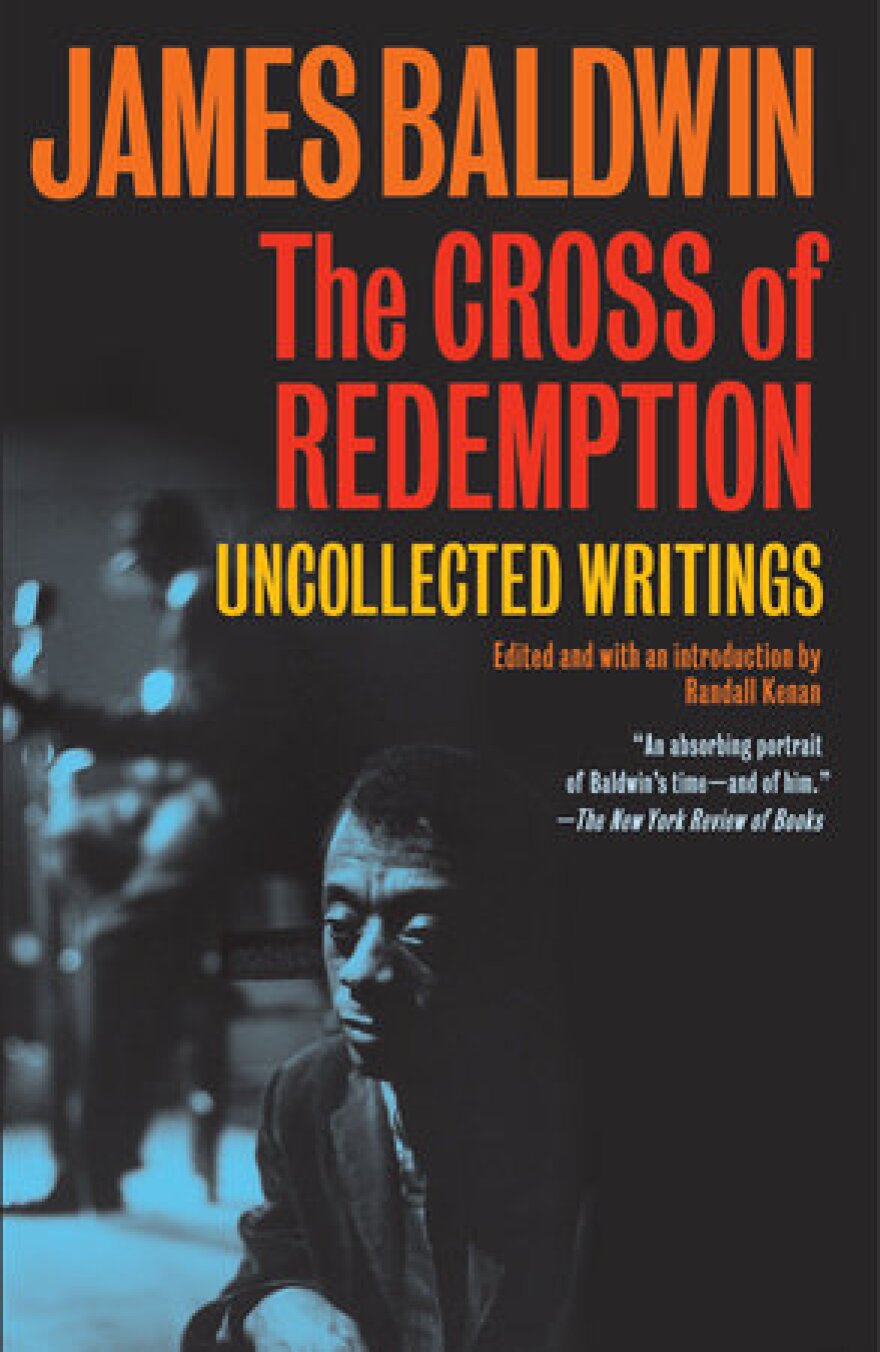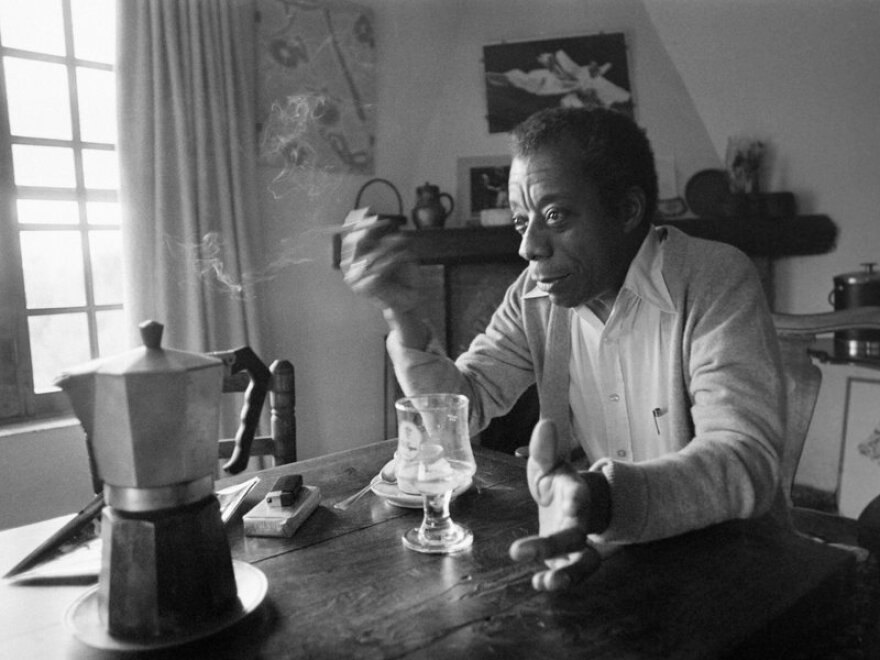The recent social uprising across the nation — spurred by the deaths of George Floyd, Ahmaud Arbery, Breonna Taylor, Nina Pop and countless others — has propelled robust conversations about race that America has not seen since the1960s. Black artists from multiple disciplines(poetry, music, theater) have set off a ripple of demands to right social wrongs in their disciplines. Jazz, too, has grappled with a troubled history of racist exploitation that bleeds into the present moment.
As Amiri Baraka and so many others have aptly noted, jazz music is inseparable from the Black experience. The history of jazz is deeply entangled with the history of Black people in America.
This list of books centers Black voices and offers potential for thinking about social justice that is intersectional. It is in no way definitive or complete. Instead, it offers a starting point from which we may begin to listen carefully and compassionately to what Black folks have to say about their history. These texts, when read with a social justice lens, tell stories and teach lessons about the Black freedom struggle that we can learn from today.
Notes and Tones by Arthur R. Taylor(Da Capo Press)

“Time is running out…I’m sick and tired of my people being beaten and stepped on.” Nina Simone said these words in a 1970 interview with Arthur Taylor, and they capture the sentiment of many Black Americans today. This book contains interviews done by the drummer and bandleader Arthur Taylor while living in Paris in the 1960s. Taylor interviewed a range of notables, including Randy Weston, Miles Davis, Ron Carter, Carmen McRae and Betty Carter. This sacred text reigns among a small group of books that capture the magic of musician-to-musician conversational exchange.
Blues Legacies and Black Feminism by Angela Davis(Vintage Books)
In recent years, the call for more equitable treatment and respect for women’s contributions to jazz has rung loud and clear. From the pitch-perfect demands of theWe Have Voice Collective to the transformative work of theBerklee Institute of Jazz and Gender Justice, women in jazz have made it clear that they refuse to be relegated to the sidelines. This groundbreaking book highlights histories of racism, sexism, joy and resistance through the lives and lyrics of three Black women blues singers: Bessie Smith, Billie Holiday, and Gertrude “Ma” Rainey. (Suggested companion texts: Stomping the Blues by Albert Murray and “Who Will Revere the Black Woman” by Abbey Lincoln.)
Clawing at the Limits of Cool: Miles Davis, John Coltrane, and the Greatest Jazz Collaboration Ever by Salim Washington and Farah Griffin(Thomas Dunne Books)

Both Miles Davis and John Coltrane used their voices to speak up against racism. In this book, Griffin and Washington tend to the histories of those two jazz greats by carving equal space for their musical contributions and their identities as political actors. In Clawing at the Limits of Cool, readers get to see the development of these two luminaries alongside one another as bandmates and collaborators. (To double your reading pleasure, pair this book with Miles: The Autobiography by Miles Davis and Quincy Troupe. There you can read a raw account of Davis’ life and career, and his unapologetic disdain for racism.)
To Be, or Not…to Bop: Memoirs of Dizzy Gillespie by Dizzy Gillespie(Univ. of Minnesota Press)
A coveted text among jazz musicians and jazz lovers alike, this book contains the voices of Ella Fitzgerald, Thelonious Monk, Cab Calloway, Melba Liston and Lionel Hampton and many more. To Be, or Not covers Dizzy’s experiences on the road and impressions from people in his orbit (former employers, teachers, bandmates, historians, and friends). It also touches on Black musicians’ frustration towards white appropriation of jazz music, the exploitation of Black artists by white agents and managers, and the underlying racism present in the world of jazz critics in the 20th century.
Soul on Soul: The Life and Music of Mary Lou Williams by Tammy Kernodle(Northeastern Univ. Press)

From her prominent role as an arranger for musicians like Andy Kirk and Duke Ellington to her bold refusal to allow notorious agent Joe Glaser to control her life and image, this book documents the full range of Mary Lou Williams’ fierceness as an artist. Tammy Kernodle offers a comprehensive look at Williams’ life and career, how she saw herself, and her “continuing battle for recognition, equality, and acceptance” as a Black woman in a largely male-dominated field. Soul on Soul highlights Williams’ struggles and also her undeniable contributions to jazz music as a pianist, arranger, composer, and teacher.
Black Music by Amiri Baraka(Akashic Books)
In his 1963 essay “Jazz and the White Critic,” Amiri Baraka wrote: “Most jazz critics have been white Americans, but most important jazz musicians have not been.” This biting essay remains one of the most incisive written on the dearth of Black jazz writers and critics to date. The collection also includes candid profiles ofartists like Roy Haynes and spry reviews of Sonny Rollins, John Coltrane and Cecil Taylor. Baraka writes with the passion and lyricism that can only come from a jazz critic who is uncompromisingly invested in the social and aesthetic dimensions of the music.
If You Can’t Be Free, Be a Mystery: In Search of Billie Holiday by Farah Griffin(One World)

When Billie Holiday surfaces in American popular culture, too often she is shrunk into a flat bundle of stereotypes. In this book, Farah Griffin offers a way of thinking about Holiday that challenges the often racist and sexist narratives about her. Among the multiple contributions that Griffin offers is a refreshing version of what it can look like to “attempt to be as free as possible” in a world that insists that one’s life is disposable. In this book, Billie Holiday becomes more than just a tragic victim of time and circumstance. If You Can’t Be Free is a beautifully written and essential part of the jazz canon.
The Jazz Cadence of American Culture edited by Robert G. O’Meally(Columbia Univ. Press)
These essays urge us to think expansively about jazz music’s influence on various sectors of American culture: literature, visual art, dance, even sports. The collection includes a blend of interviews, criticism, and scholarship by folks like Zora Neale Hurston, Wynton Marsalis, Hazel Carby and Ralph Ellison. The Jazz Cadence makes a perfect core text for an intro course in jazz studies or African American culture. Beyond its use in the classroom, it is a solid reference point for those seeking a myriad of perspectives on jazz as a cultural form.
The Cross of Redemption: Uncollected Writings by James Baldwin (Vintage International)

It is no secret that James Baldwin was inspired by jazz and blues. His love for lyricism is reflected in the rhythm and cadence of his writing and speech. Baldwin tied Black music to the realities of Black life with exceptional grace and insight. This collection contains powerful essays like “The Uses of the Blues” and “What Price Freedom?” — as well as pieces like “The Nigger We Invent,” which speaks urgently to the role of white allies in fighting injustice. The essays in this collection offer Baldwin’s consistently insightful wisdom on some of the most pressing issues of our time.
A Power Stronger Than Itself: The AACM and American Experimental Musicby George Lewis(Univ. of Chicago Press)
As jazz musicians continue to find creative ways to protest and organize around social justice issues, A Power Stronger Than Itself offers a rich array of historical models to learn and draw from. In this book we are reminded of the “long tradition of organizational efforts in which African American musicians took leadership roles.” This important and powerful book foregrounds how Black avant-garde musicians like Muhal Richard Abrams, Anthony Braxton, Amina Claudine Myers and many others responded to social injustice in the 1960s and the decades to follow by using their instruments and their voices as swords of protest and resistance. Once you start reading, you won’t be able to put this book down.
Jerome Jennings is a drummer and composer who serves as Resident Director of the Juilliard Jazz Orchestra. His most recent album, Solidarity, was released in 2019.


